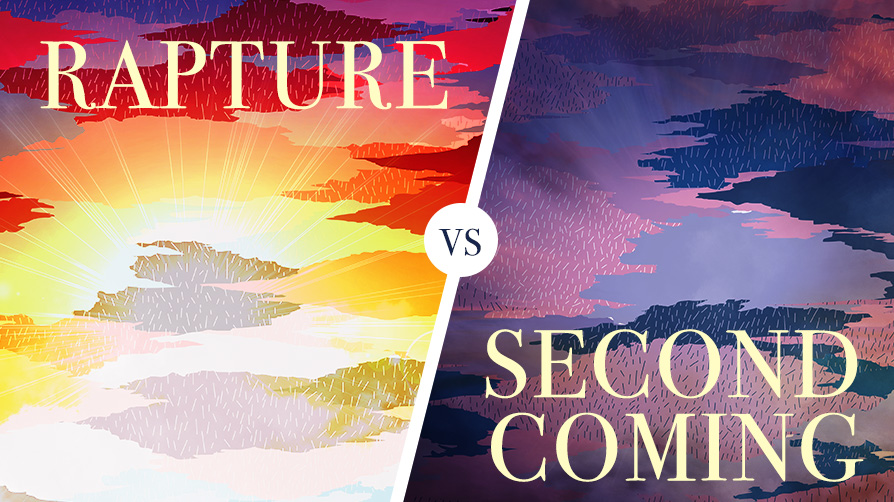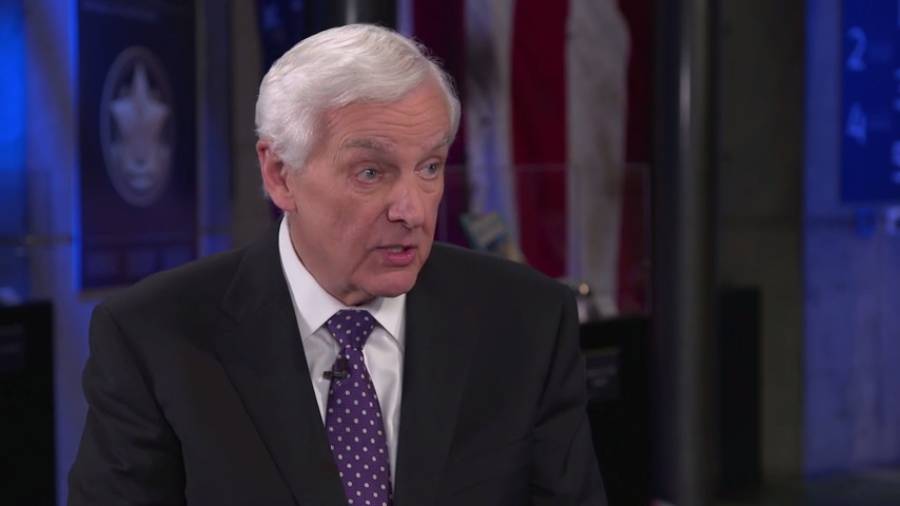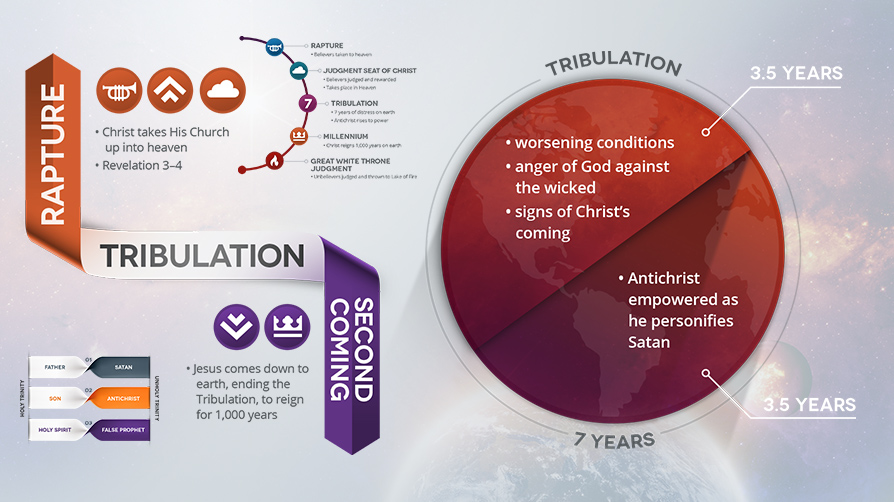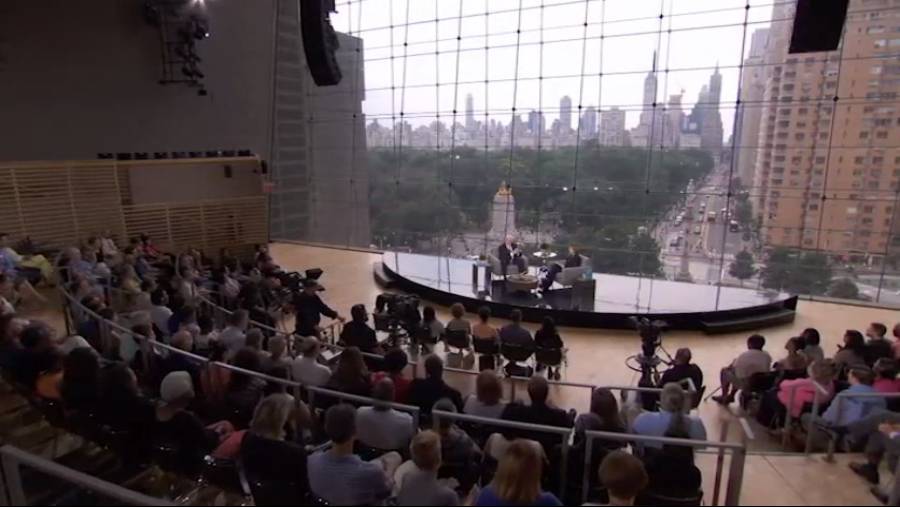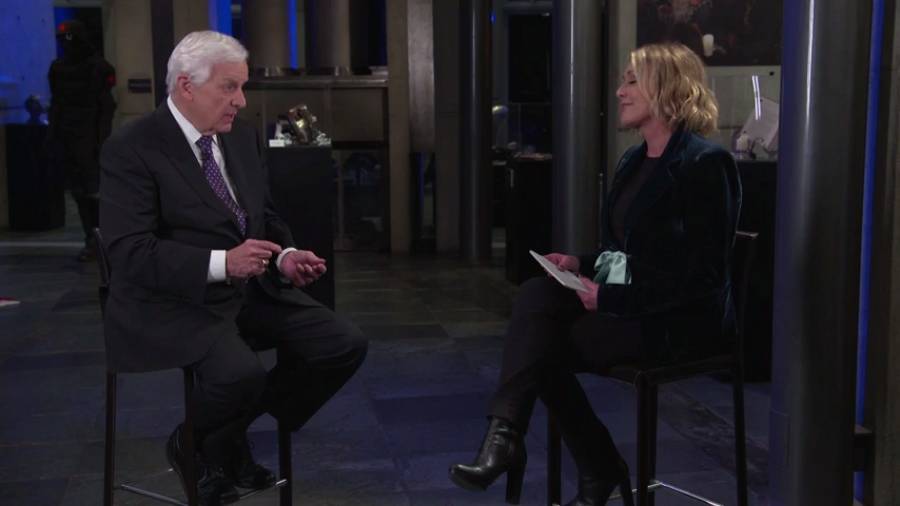

Dr. David Jeremiah Presents
Living inthe Ageof Signs
Online Destination

Living in the Age of Signs
Online Destination

Spring Into Life: Renewed Knowledge
Today’s Audio Devotion:
Spring Into Life: Renewed Knowledge
Because of our Lord’s resurrection, every person can be made new. The Bible says, “Just as Christ was raised from the dead through the glory of the Father, we too may live a new life” (Romans 6:4, NIV). Paul wrote, “Therefore, if anyone is in Christ, the new creation has come: The old has gone, the new is here!” (2 Corinthians 5:17, NIV)
This involves growth, maturity, and transformation. For example, we stop lying. We no longer want to deceive those we love. We want to live with integrity because we’ve taken off the old self with its practices. This involves the practice of being renewed day by day as we grow in our knowledge and understanding of our risen Lord.
The message of the Bible is centered on the resurrection of Jesus. Study His Book today and every day. Let’s be constantly renewed in our knowledge of Him!
The minute you decide to receive Jesus as Savior and Lord, the power of the Holy Spirit comes into your life. It’s the power of the resurrection.
Tim Keller
This is one of prophecy's greatest misconceptions. The Rapture and the Second Coming are often confused, but they are distinct events, with distinct purposes, on God's prophetic timeline.
At the Rapture, Jesus will return for His saints.
At the Second Coming, He will return with His saints.
At the Rapture, Jesus will not descend to earth.
At the Second Coming, He will descend to the Mount of Olives as a prelude to His earthly reign.
At the Rapture, Jesus will bring a blessing for His saints.
At the Second Coming, He will bring judgment for those who have rejected Him.
The Rapture could occur at any moment.
The Second Coming will occur seven years later.
When the Rapture occurs, Christ will take every deceased and every living Christian to heaven with Him. Paul describes this glorious event in 1 Thessalonians 4:16–17:
For the Lord Himself will descend from heaven with a shout, with the voice of an archangel, and with the trumpet of God. And the dead in Christ will rise first. Then we who are alive and remain shall be caught up together with them in the clouds to meet the Lord in the air. And thus we shall always be with the Lord.
The Rapture will protect God's saints from the Tribulation—the seven years of judgment that will be poured out on earth between the Rapture and the Second Coming. There are some who argue the Tribulation period will begin before the Rapture. However, the Bible says that "there is therefore now no condemnation to those who are in Christ Jesus" (Romans 8:1), which suggests the Church will not experience God's judgment during the Tribulation.
Seven years after the Rapture, Jesus will return to earth in the event known as the Second Coming. His return will be entirely different from His arrival in Bethlehem as a humble Child. When Christ returns, He will appear as the exalted King of the universe, surrounded by His saints. The powers of evil will be quickly defeated at the Battle of Armageddon, and then Christ will establish His everlasting kingdom on earth.
For a more thorough study of the Rapture and the Second Coming, read chapters 12 and 27 in The Book of Signs.


